Twenty-five percent of UU students play Utrecht2040 game
Main goal of sustainability education is to point towards solutions
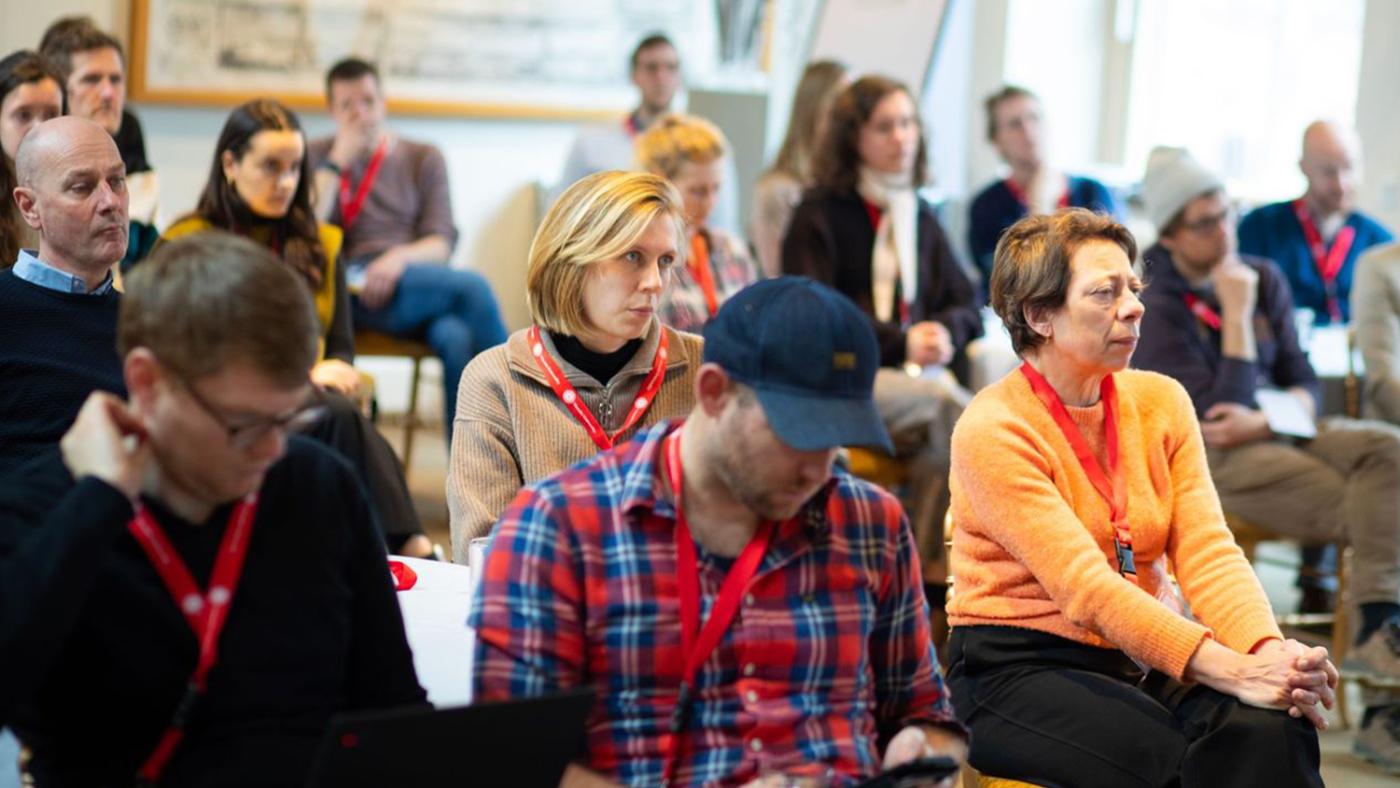
Sustainability is a topic many students care about as it concerns their future. Some participate in protests, such as those held on the A12 motorway calling on the Dutch government to halt subsidies to fossil fuel companies or the occupation of a UU building to demand the university to stop collaborating with the same type of company. The university also claims to value sustainability, through initiatives like the Green Office.
Regarding education, UU offers multiple majors, minors, and electives about sustainability. UU's Strategic Plan from 2016 states that all students should become familiar with sustainability concepts, regardless of their major. The most recent Strategic Plan, published in 2020, focuses on the Sustainable Development Goals (SDGs), seventeen goals established by the United Nations to move towards a more sustainable world and combat climate change. According to the university, these goals will help students and staff contribute to a better world.
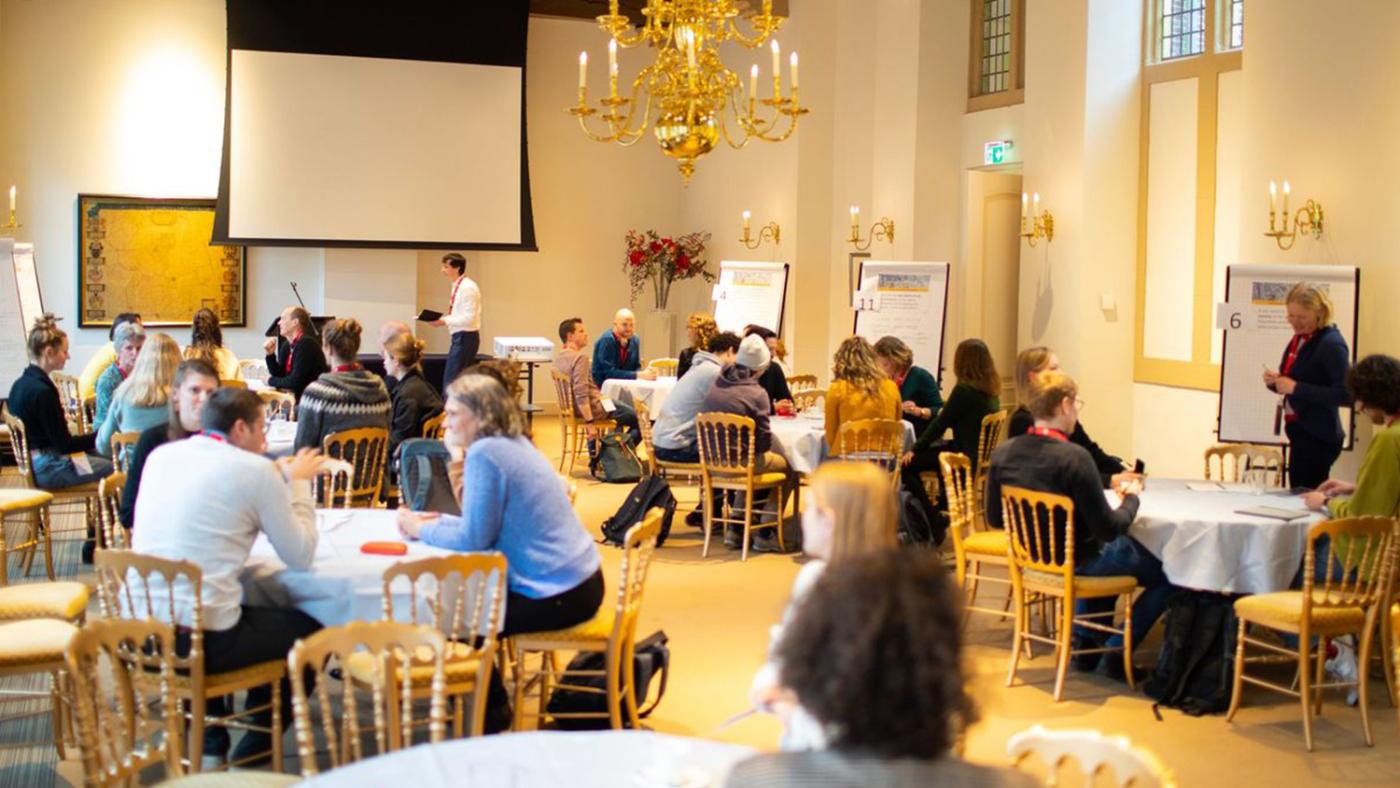
The Sustainability Education & Engagement group. Photo: Utrecht University, Harold van de Kamp
Sustainability Education & Engagement
The Sustainability Education & Engagement (SEE) network was established last year to help embed sustainability-related themes into courses and programmes. The network focuses on “imparting knowledge, skills, and attitudes related to sustainability to UU’s education”, building bridges between UU researchers and the broader public.
Professor Karin Rebel, from the Faculty of Geosciences, and senior fellow Sebastiaan Steenman, from the Faculty of Law, are both members of the SEE network, fighting for “more sustainability education at the university” to ensure that “knowledge about sustainability becomes an element of all study programmes offered at UU”.
The lecturers emphasise that all Bachelor programmes would benefit from sustainability education. Steenman: “Regardless of your study, sustainability themes always play a role as they are interdisciplinary and require different perspectives.” For example, he mentions Spanish Language & Culture, a programme to which sustainability wouldn't add much at first glance. However, “the way we talk about sustainability and the words we use matter a lot. Therefore, sustainability is a topic that can be discussed in language sciences too. Take words like 'eco-friendly' and 'recycling', which are pretty common. How, when, and where these words are used impacts how people think about sustainability."
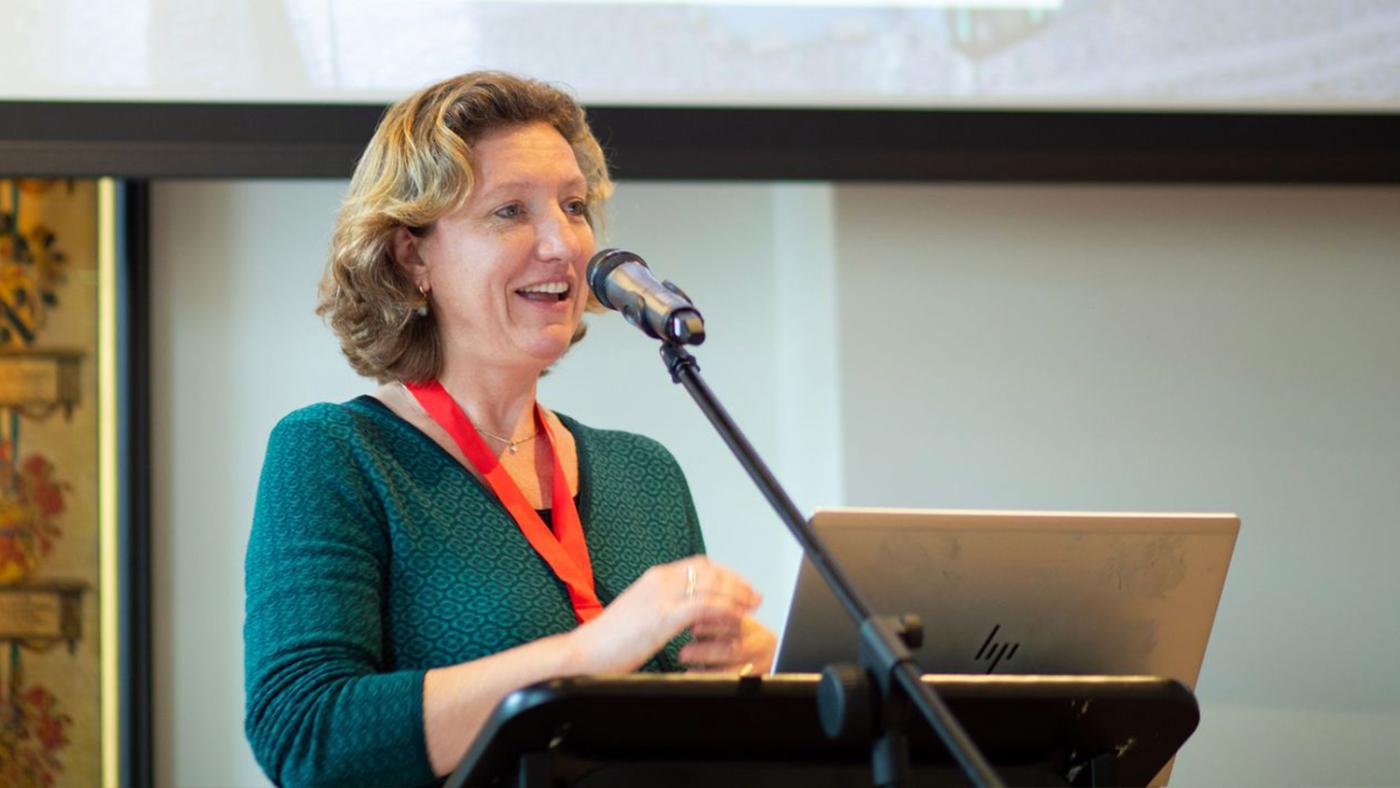
Karin Rebel. Photo: Utrecht University, Harold van de Kamp
Climate fears and student protests
Many concerned students would like to see the university and the government take action to combat climate change, so they join protest groups like Extinction Rebellion and End Fossil: Occupy. The latter occupied UU’s Minnaert building last year, calling on the university to break all ties with the fossil fuel industry.
Rebel and Steenman both note that students seem increasingly interested in taking action for the climate due to "concerning events" in this domain. These concerning developments also cause them to be afraid of the future. "Hiding this from students would not be appropriate for an academic education,” says Karin Rebel. As a university, UU has been growing more and more conscious of these fears, which is why “innovative educational projects are in the pipeline to work on further solutions for this 'ecoanxiety.'" Considering an academic degree should focus on how to change things, they hope students will be able to make a positive contribution to society by addressing contribute to contemporary climate challenges.
Utrecht2040
One of the ways students are being introduced to sustainability is through the game Utrecht2040, designed in 2019 by Rebel and colleagues from several faculties in collaboration with game company IJsfontein. Although the game was originally conceived with first-year Bachelor’s students in mind, it is now being used to educate senior Bachelor's students and students at the Master's level as well.
First, students watch so-called "nanolecures" (lectures that last less than a minute) about topics like climate justice and inclusive cities. Then, they go to town to find climate-related solutions for Utrecht in 2040. The game asks students to indicate the extent to which their proposals relate to the Sustainable Development Goals – for example, by having them look for places that could use a bit more greenery and public water taps in the city.
In Rebel's view, the game suits students and their lives: “The thing I like most about the game is how it allows students to learn about sustainability by interacting with their environment. One of the assignments proposed by the game is inspiring someone they don’t know. Because of this, students approached a man who ended up having all sorts of ideas about sustainability. They hung on to every word he spoke for quite some time. That way, they didn’t just inspire others, they were inspired as well.”
“Through this interaction with people living in Utrecht, students are inspired to think about solutions regarding sustainability, such as encouraging others to live sustainable lives and reflect on impactful measures for the future. The evaluation showed that students learned a lot from each other and kept looking around to find solutions even after the game. The SDGs also become more tangible thanks to the game: since the proposals must be tied to the Sustainable Development Goals, the goals become less abstract and, therefore, more workable in their direct environment.”
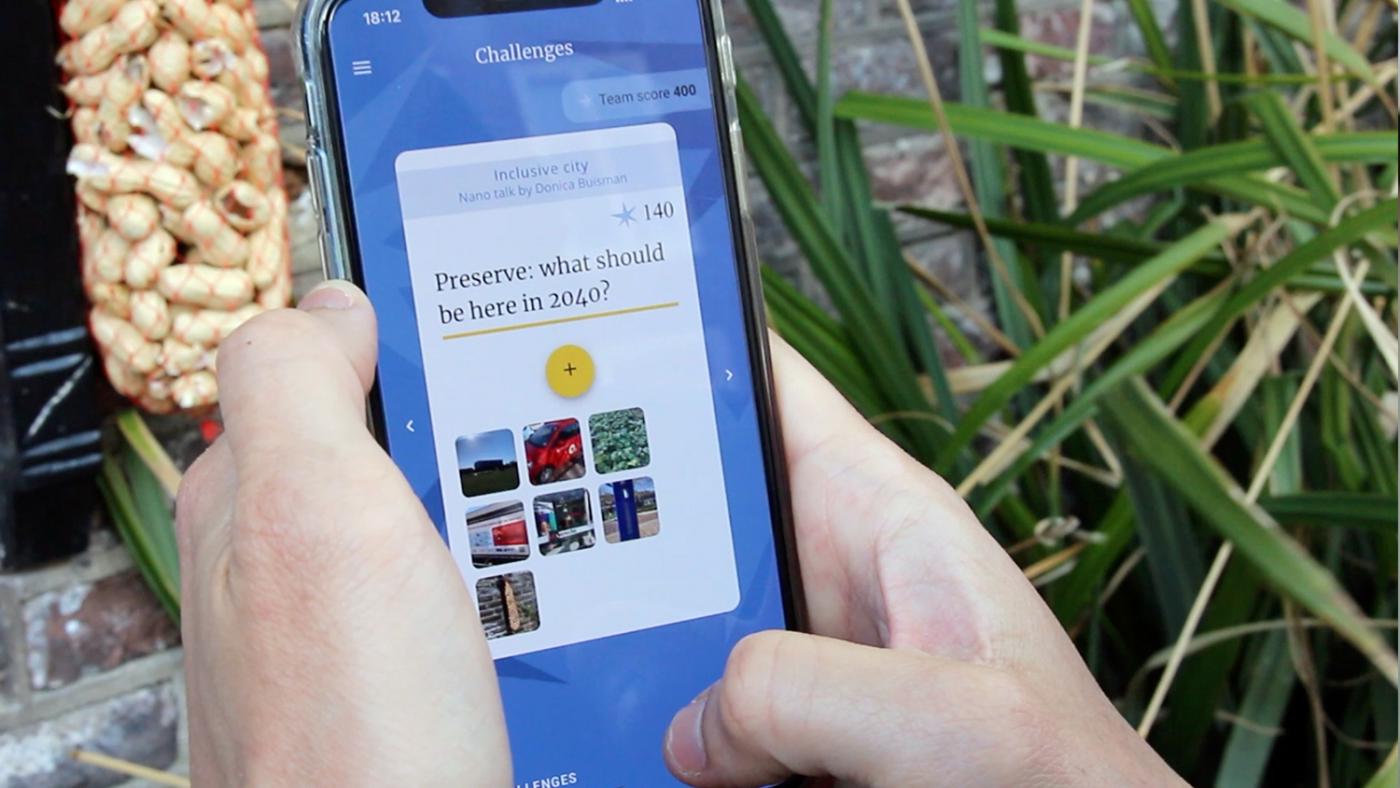
Utrecht2040
Optimistic about climate change
About 25 percent of students are being exposed to Utrecht2040, and more than 2,000 have played it so far. “Students are encouraged to think about sustainable solutions in their daily lives and their surroundings. Perhaps the most important thing is that it makes them solution-oriented,” say the two scientists.
The SEE community tries to take people’s "ecoanxiety" into account, both in the game and in other activities. That’s why the game is explicitly aimed towards what users can do, giving them tools to come up with solutions that apply to their surroundings. As a result, Rebel says that students become generally more optimistic about climate change, although that doesn’t say anything about whether or not they’ll take to the streets after playing the game. “It is up to students to decide what kind of role they will play."
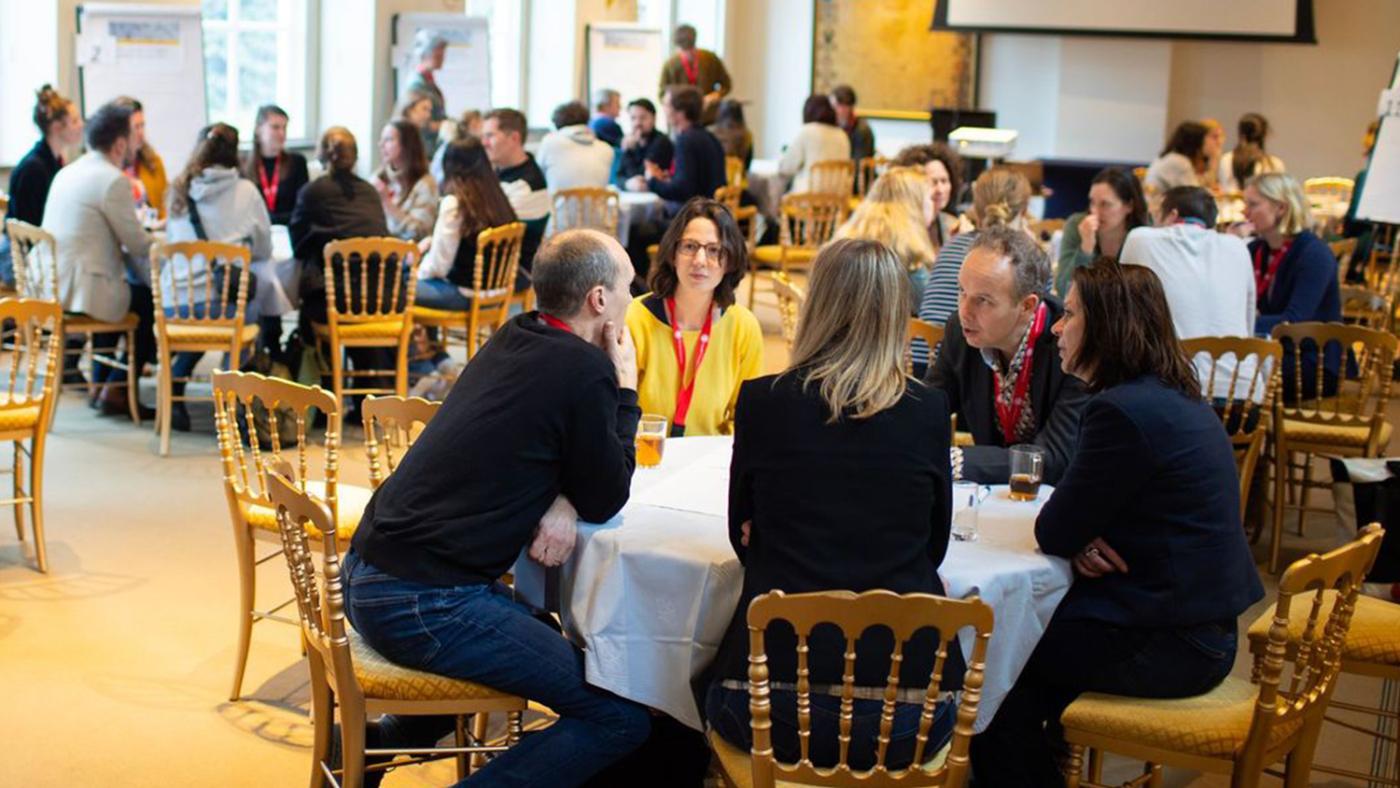
Sustainability Education & Engagement. Photo: Utrecht University, Harold van de Kamp
On Tuesday, April 2, at 4:15 pm, Karin Rebel will deliver her inaugural address titled "Harmony in Complexity: Engaging Sustainability Science and Education for a Resilient Future." Rebel was appointed senior fellow of Sustainable Education in 2019 and is now a professor in the field. In her address, she will talk about how academic education shouldn’t just adapt to climate change but also bring forth changes. Her approach to Challenge-Based Learning is interdisciplinary and transdisciplinary. The address will be live-streamed for those interested in watching it.